Young Scientist SDGs Award

Award Introduction
There is a greater need than ever for international collaboration and open sharing amid the pressing shared challenges of sustainable development. Recognizing that the future of science and technology is dependent on today’s youth, World Association of Young Scientists (WAYS), the Wenzhou Growth Foundation for Young Scientists and Global SDGs and Leadership Development Center initiate the “2025 Young Scientist Sustainable Development Goals Award” ( 2025 Young Scientist SDGs Award). This award aims to inspire adherence to principles while fostering innovation and free exploration. The award also encourages young scientists to take on important roles that prepare them to lead the way toward our sustainable future. The award acknowledges the remarkable achievements made by young scientists who have made significant original innovations and breakthroughs in core technologies, contributing to sustainable development and advancing human civilization.
Online Application*All application information and materials must be submitted in English.
Application Period
The application period starts on 30 May, 2025 and ends at 23:59 (GMT+8) on 31 August, 2025.
1.Self-nomination
Self-nomination requires the applicant to fill in the online application form before the deadline.
2.Nomination by others
Applicants nominated by others need to be recommended by renowned experts or organizations in the same research field with a letter of recommendation, and the applicant should complete the online application form before the application deadline.
Eligibility Criteria
1. General Requirements
2. Contributions to the SDGs
Prize
Number of Prize Winners
After evaluation, up to 5 candidates will be granted the award.
Award Prize and Benefits
Each awardee will receive a discretionary prize of RMB 1 million (pre-tax), along with the following forms of support:
Selection Direction
SDG3 (Good Health and Well-being), SDG6 (Clean Water and Sanitation), SDG7 (Affordable and Clean Energy), SDG9 (Industry, Innovation, and Infrastructure), SDG13 (Climate Action), SDG14 (Life Below Water), SDG15 (Life on Land), SDG Interaction (Multiple SDGs), a total of 8 areas from the 17 SDGs of United Nations are selected as the direction of the award.
The following are explanatory notes:
1. SDG3 (Good Health and Well-being) This involves research and practice in the fields of medicine, public health, and psychology, and is dedicated to preventing disease, improving the quality of medical services, and promoting global health.
2. SDG6 (Clean Water and Sanitation) This involves fundamental studies on the treatment of freshwater resource pollution and its recycling, and research and application of technologies related to water ecology and water environment (aquatic plants, animals, microorganisms, etc.).
3. SDG7 (Affordable and Clean Energy) This involves the development and utilization of new energy sources such as hydropower, wind energy, solar energy, nuclear energy, and related technological research and development, especially in the field of low-cost new energy technologies, including materials science, engineering technology, and the development and utilization of key technologies.
4. SDG9 (Industry, Innovation, and Infrastructure) This involves the development of infrastructure, engineering technology and information technology, including research and innovation in engineering, information technology and sustainable energy, in order to promote industrial development and infrastructure construction, and to promote economic growth and sustainable development.
5. SDG13 (Climate Action) This involves climate geological records, research on natural cycles, as well as a series of revolutionary breakthroughs closely related to the discipline of climatology. This includes key technologies for the utilization of new energy sources, such as solar photovoltaic, battery energy storage, geothermal resource development, wind energy, and tidal energy.
6. SDG14 (Life Below Water) This involves marine and coastal zone environment research, covering a series of underwater biological fields such as biotechnology applications.
7. SDG15 (Life on Land) This involves research on biodiversity in ecologically fragile areas, conservation of terrestrial biomes and genetic diversity, as well as the application of biology, gene editing and other technologies.
8. SDG Interactions This refers to areas involving multiple Sustainable Development Goals, where several goals intersect.
Initiating Institution



Award Ceremony
The "2025 Young Scientist SDGs Award" ceremony will be held during the main session of the 2025 World Young Scientist Summit in late October.
Contact us
If you have any questions about the Young Scientist SDGs Award, please contact award@ways.science for further inquiries.
Laureates of the Young Scientist SDGs Award
2023 Awardees
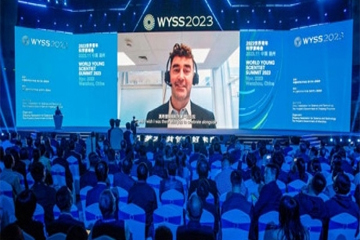
Henry Snaith
University of Oxford
Awarded for pioneering the development of high-efficiency, low-cost, and sustainable perovskite-based photovoltaic technologies, significantly accelerating the global transition from fossil fuels to renewable energy sources.
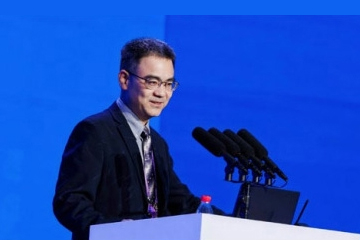
Xiong Wen (David) Lou
City University of Hong Kong
Awarded for advancing the synthesis techniques of nanostructured materials and their innovative applications in sustainable electrochemical systems, including next-generation energy-saving and storage technologies.
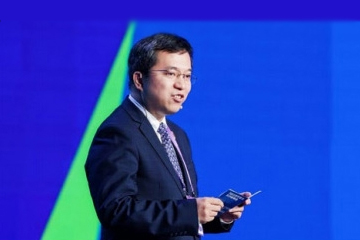
Qiang Zhang
Tsinghua University
Awarded for innovative contributions to the development and application of advanced energy materials, enabling clean, safe, and cost-effective energy solutions through lithium bonding chemistry and electrochemical energy storage, thereby promoting global sustainable development goals.
2024 Awardees
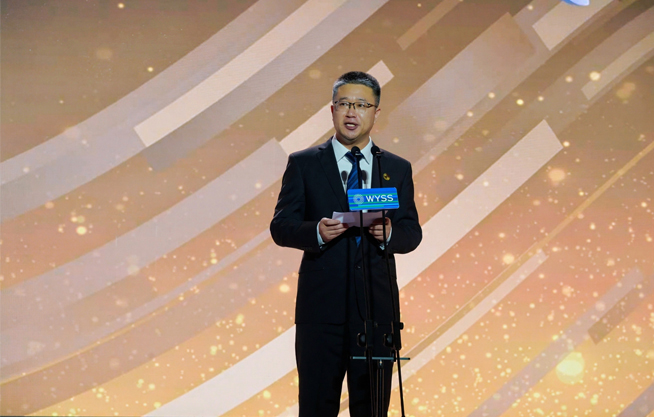
Shaojun Guo
Peking University
Awarded for for his outstanding contributions to addressing fundamental scientific and technological challenges related to hydrogen fuel cells and water electrolysis for hydrogen production. His research has significantly advanced the interdisciplinary field of energy electrocatalysis and materials chemistry.
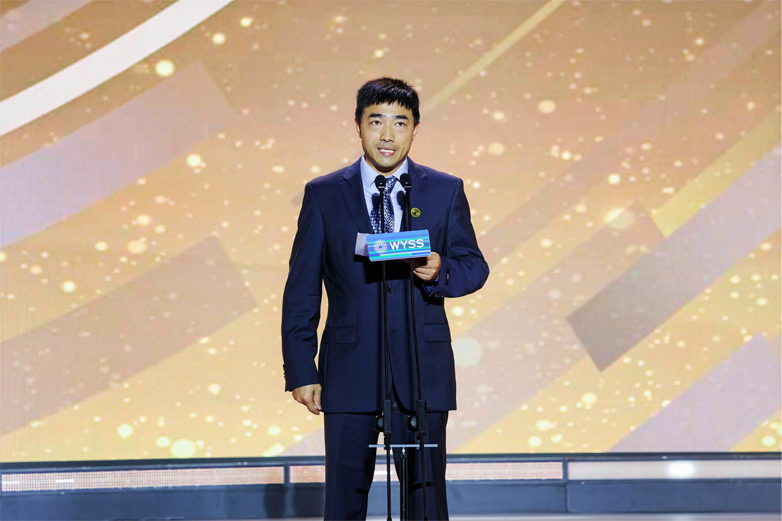
Guihua Yu
University of Texas at Austin, USA
Awarded for his pioneering work in the innovative design and synthesis of functional organic nanostructures and organic–inorganic hybrid nanomaterials. His research explores the fundamental chemical and physical properties of these materials and has led to breakthrough applications in tackling global challenges in sustainable energy and environmental technologies.
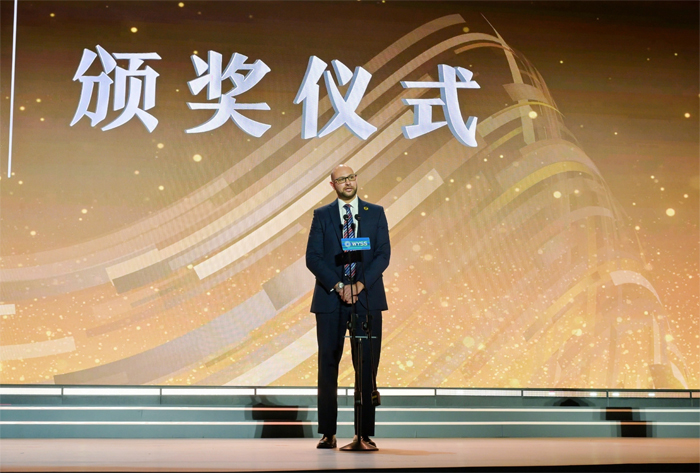
Simon Gosling
University of Nottingham, UK
Awarded for his application of advanced scientific methodologies to the quantitative assessment of global climate change risks. His work provides in-depth evaluations of the environmental benefits of effective emission reduction strategies and offers robust data and scientific analysis to support climate-related policy formulation.
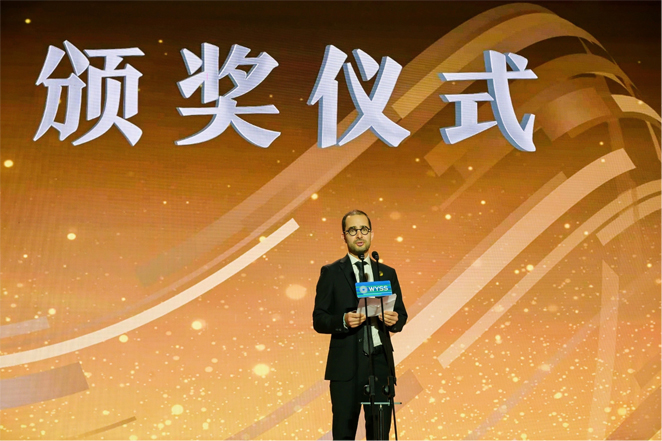
Damien Voiry
University of Montpellier, France
Awarded for his significant contributions to promoting water resource recycling, efficient carbon dioxide utilization, and overall resource efficiency. By translating scientific research into widely applicable practical solutions, his work has made a meaningful impact on advancing global sustainable development.